The book examines the various opinions on the maqāṣid and the need to take a middle way position in understanding the holy scriptures, an understanding that is built on objective and sound bases and principles. Dr. Mohamed Salim el-Awa, in this opening lecture for the Centre for the Study of the Philosophy of Islamic Law, discusses how the “middle way” school of thought can play a role in guiding and developing contemporary Islamic intellectual thought and assisting in its renewal. He also details the role of maqāṣid in renewing ijtihād based on a number of holistic principles of the religion.
 Shared Knowledge
Shared KnowledgeFoundation work in this area

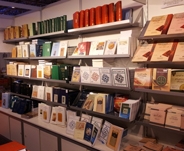
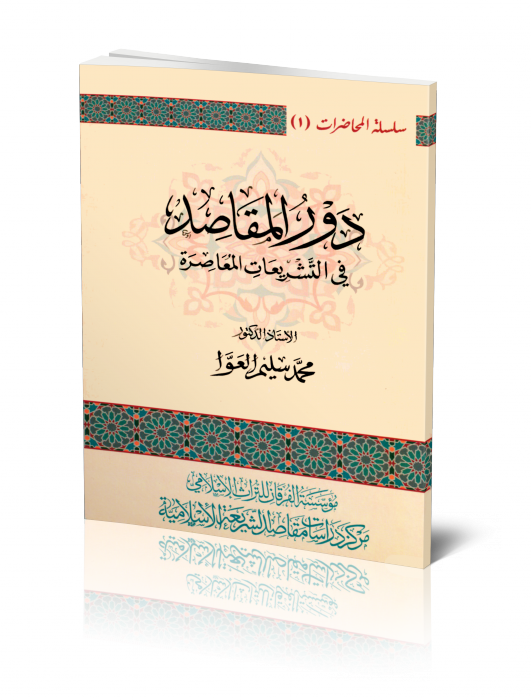
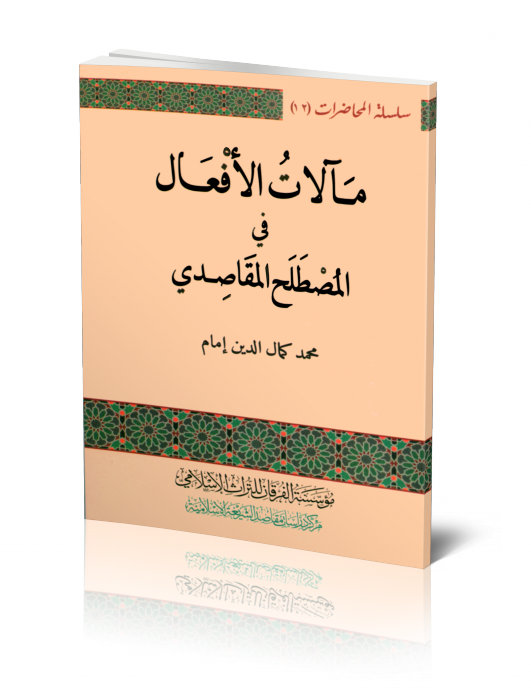 Consequences of Acts in the Term of the Purposes of Islamic Law
Consequences of Acts in the Term of the Purposes of Islamic Law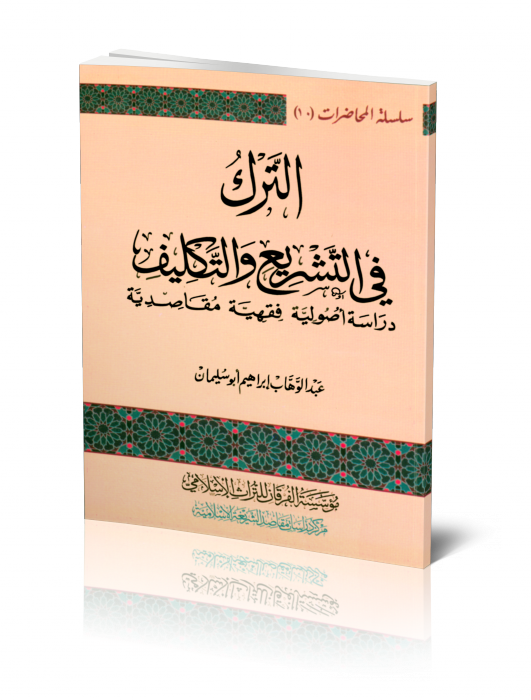 Omission in Legislation and Obligation: A study based on the methodology and objectives of Islamic law
Omission in Legislation and Obligation: A study based on the methodology and objectives of Islamic law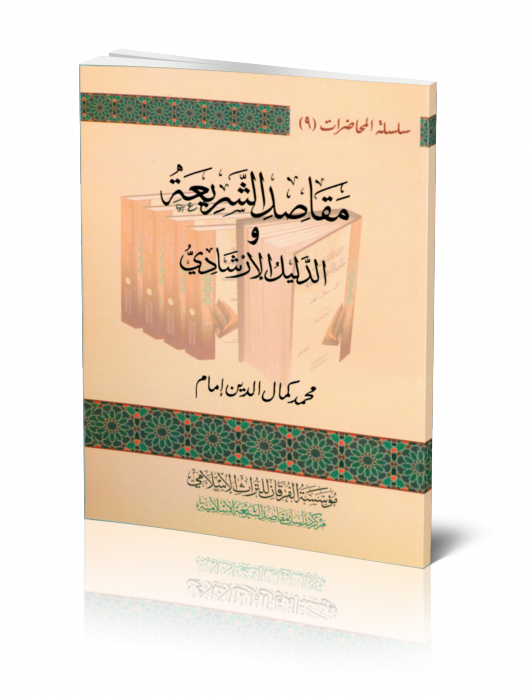 Purposes of Islamic Law & its Bibliography: Maqāṣid al-Sharīʿah wa al-Daleel al-Irshādī
Purposes of Islamic Law & its Bibliography: Maqāṣid al-Sharīʿah wa al-Daleel al-Irshādī